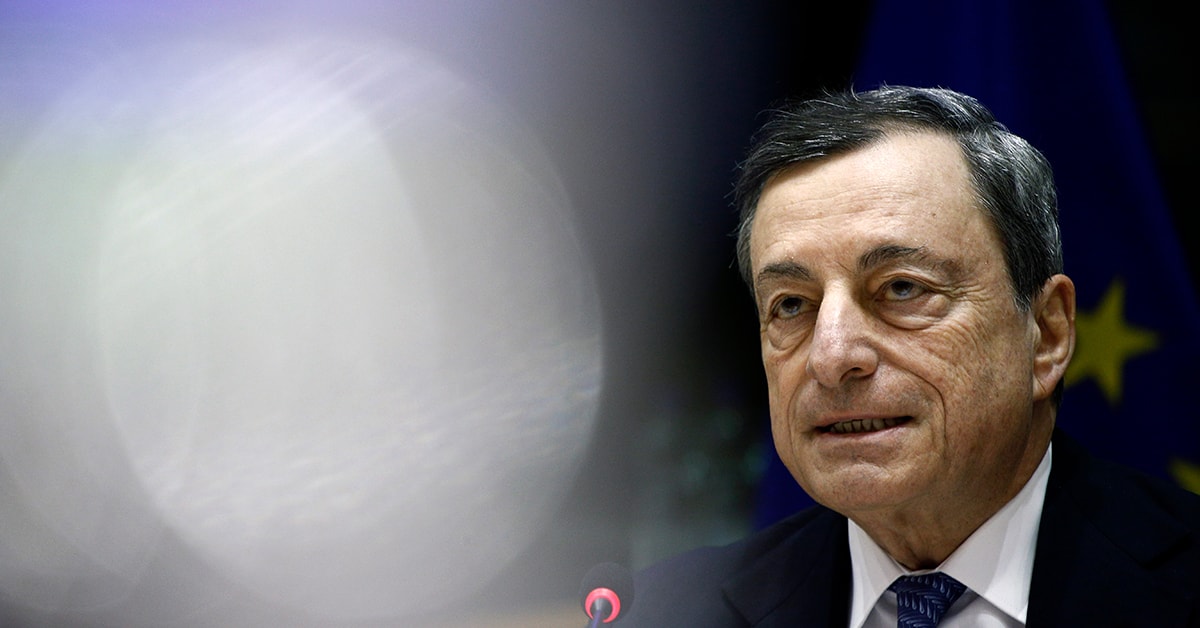Former European Central Bank President MarioDraghi becomes Prime Minister of Italy.

Mario Draghi has worn many hats in his years in public life: academic, private and public banker, economist, World Bank consultant, and head of the Italian Treasury. Nobel Laureate Paul Krugman has landed him as “arguably … the greatest central banker of modern times” for his successful effort to keep the euro from collapsing in 2012-13.
Arguably, too, Draghi now faces his most difficult professional challenge: leading a patchy Italian coalition government with the next-to-impossible mission of reforming a country that does not want to be reformed. In February, Draghi, 73, was sworn in as Italy’s new prime minister amid high expectations that he can push through the combination of measures needed to kickstart economic growth and attract much needed investment along with fiscal support from the European Union.
In the past year, as the Covid-19 pandemic wreaked havoc in Italy, life expectancy declined and unemployment, debt and poverty increased. The health crisis aggravated long-standing problems: decades of subpar economic growth, a high level of public debt, an inefficient and cronyist public administration and an economic system that some perceive as underinvesting in the young.
Draghi’s appointment met with enthusiasm from the international financial markets and the EU hierarchy. The cost-of-borrowing spread between Italy and Germany declined sharply on the news and international investors again began speaking of Italy as an opportunity.
Draghi’s personal prestige aided him in assembling his team: a mixed bag of politicians and professional civil servants with strong credentials. However, it is difficult to say how long the honeymoon with public opinion will last.
“This is our mission as Italians: give our children and our grandchildren a country better than this and fairer than this,” Draghi told Parliament in his inauguration speech. While the general message is unobjectionable, there is no question it will take all of the new prime minister’s tactical skills to make it concrete.



